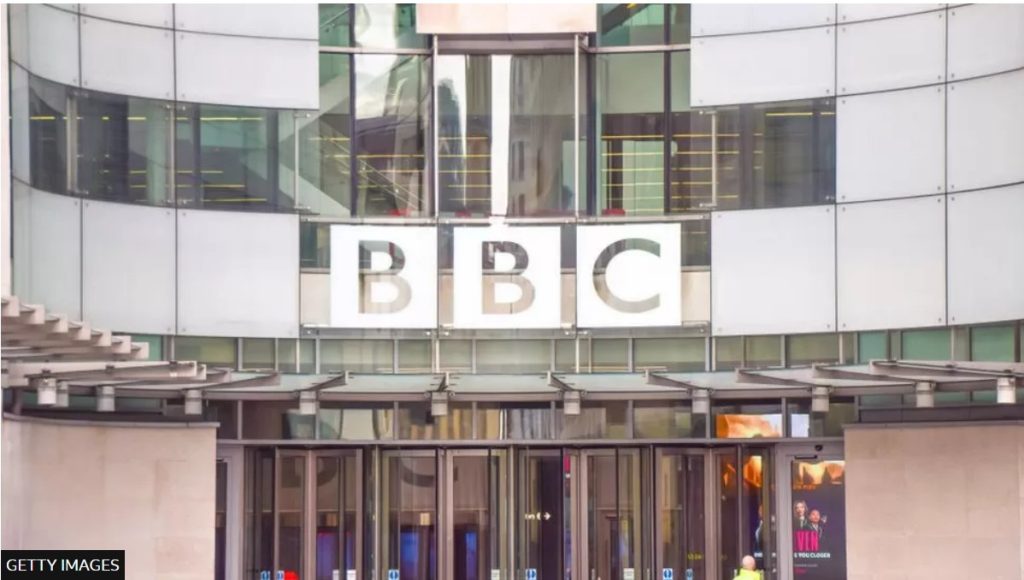The Indian government has banned a BBC documentary series, India: The Modi Question, blocking it on Youtube and other digital outlets. The official reason—that it “undermines the sovereignty and integrity of India” and could affect public order and India’s relations with foreign countries—is farcical. The real reason is the Bharatiya Janata Party’s (BJP) inability to swallow criticism of Prime Minister Narendra Modi, whom the documentary accuses of being responsible for the death of over 700 Muslims in the 2002 Gujarat riots when Modi was Chief Minister of Gujarat state.
The government has long complained that global indices of freedom and democracy devised by various global institutions give India an unwarrantedly low ranking. But after the ban, the rankings will slip further. The 2021 Human Freedom Index of the Cato Institute and Fraser Institute ranks India at a lowly 119 out of 165, down from 87 in 2012. The Economist Intelligence Unit’s Democracy Index shows India down from 27th position in 2014 to 53rd position in 2020. Sweden’s V‑Dem Institute has ranked India as an “elected autocracy.”
On censorship, V‑Dem said, “India is, in this aspect, now as autocratic as is Pakistan, and worse than both its neighbors Bangladesh and Nepal.” Reasonable critics said at the time that this was gross exaggeration. V‑Dem can now gleefully say “I told you so.”
Unsurprisingly, India’s opposition parties have castigated the censorship as anti‐democratic. But even Ashok Chowgule, vice president of the Vishwa Hindu Parishad, a key affiliate of the ruling party, has said, “Trying to ban the BBC documentary is a very, very wrong move.”
Chowgule is a Modi fan and slates the documentary. He sneers at the documentary’s conclusion that Modi, as the chief minister of Gujarat, was “patently responsible for the deaths of some 750 Muslims and some 250 Hindus in the riots.” He rejects BBC claims that there was ethnic cleansing. The documentary, he claims, is a “hit job” that avoids the most pertinent evidence, which is the report of a Special Investigative Team of India’s Supreme Court. This gave Modi a clean chit.
Nevertheless, says Chowgule, the ban is a terrible idea. “Like other such bans the viewership of the documentary cannot be prevented. Most, not having access to those who have rubbished it, with facts and logic, will tend to believe what the documentary says. In effect, the purpose of the ban will not be achieved.” Exactly!
Instead, says Chowgule, the ruling party should revert to India’s ancient traditions of tackling the faulty arguments of others through reasoned discourse. This, he says, will once again prove what is known—that Modi is innocent and the BBC is guilty of anti‐Indian prejudice.
This last conclusion is risible. Yet Chowgule is absolutely right in condemning the ban and calling for reasoned discourse. The report of the Special Investigative Team provides plenty of ammunition with which Modi can bombard critics like the BBC. Instead, the decision to ban the documentary not only violates free speech but will induce millions who would otherwise have ignored the documentary to search frantically for it.
The documentary does little more than repeat what other critics have said before. By banning it, the government has not silenced its critics. Rather, it has enabled them to attack on a new front, that of throttling free speech.
Source: https://www.cato.org/


